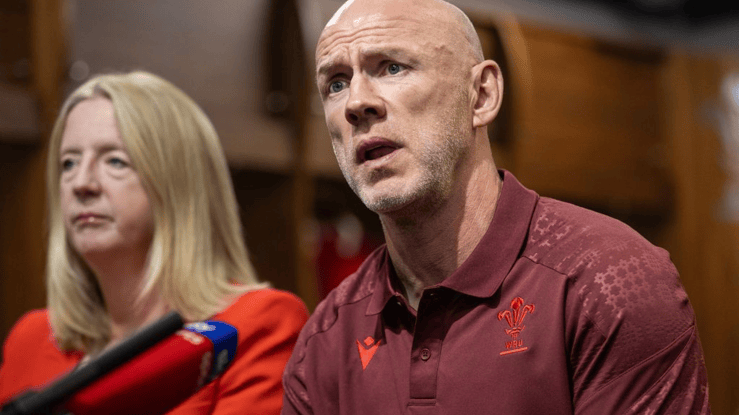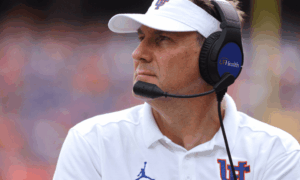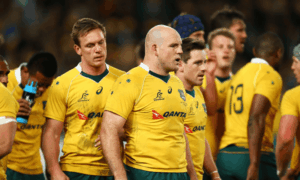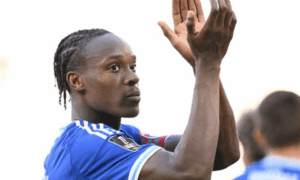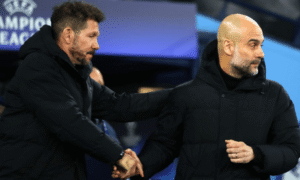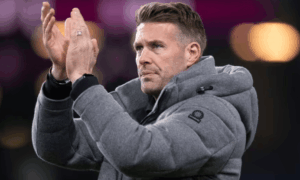Tandy officially began his tenure as Wales’ head coach on Monday, stepping into a rugby nation in crisis. Few coaches of Tier One countries have ever faced such a daunting challenge. Wales only just snapped an 18-Test losing streak, their age-grade teams continue to struggle, and the four professional clubs—Cardiff, Dragons, Ospreys, and Scarlets—have all slid into mediocrity. To make matters worse, the Welsh Rugby Union is pushing to cut the number of professional sides from four to two, with formal talks already underway.
Despite the turmoil, Tandy arrives with solid credentials. He earned respect in Australia with the Waratahs and later in Scotland alongside Gregor Townsend, giving him valuable experience at the highest levels of the game.
Building a new coaching team
The first item on his to-do list is assembling a backroom staff he trusts. Rumors suggest that Tandy, together with WRU performance director Dave Reddin, will look to bring back several coaches who guided Wales at the recent World Cup in Japan.
The problem is that Adam Jones (scrum coach) and Danny Wilson (forwards) remain tied to contracts at Harlequins, while Matt Sherratt, a likely candidate for attack coach, is already focused on Cardiff’s United Rugby Championship season. A secondment might be possible, but far from ideal.
Reddin hinted in July that patience may be required: “It’s about getting the right people, not just filling gaps. The interim coaches have done an excellent job, and while the Autumn Series is coming up quickly, we may need to make short-term choices while waiting for our preferred staff.”
Wales must rediscover its identity
The best rugby nations have a clear identity. Right now, Wales doesn’t. Ask any fan or journalist what defines their style, and you’re likely to get a shrug.
During Warren Gatland’s first spell in charge, Wales was known for its brick-wall defense, powerful forwards, and precise kicking game. But when Gatland returned, he tried to replicate that approach without the same caliber of players, leaving the team stuck between ideas.
Tandy’s job is to establish a style that fits today’s squad. Wales lacks the raw size and power to bully opponents, meaning a faster, more expansive brand of rugby may be needed—though without sacrificing fundamentals like set-piece solidity.
Problem positions
Another challenge is the talent pool. Wales simply doesn’t have the depth or quality of players it did five or six years ago, leaving several key positions underpowered.

